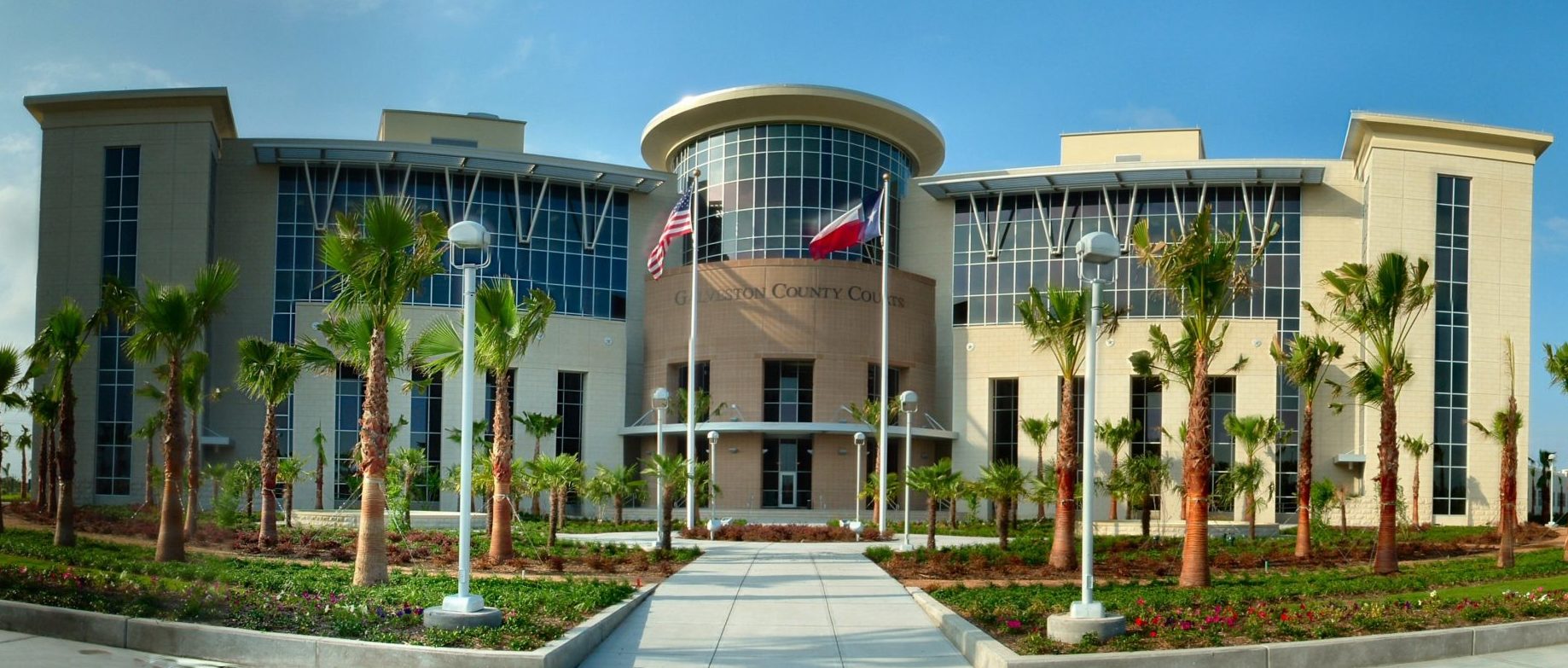
Galveston Lawsuit Is Writing on the Wall for Other Counties that Haven’t Ended ‘Wealth-Based Detention’
The lawsuit is now one of several across Texas seeking to end the practice of keeping people in jail just because they’re poor.

Last summer, the ACLU of Texas warned that Galveston County operates an unconstitutional bail system. In a letter to county officials, ACLU staff attorney Trisha Trigilio told county officials that holding defendants for days without counsel or a meaningful bail hearing had lead to “an overcrowded jail where more than 70 percent of people behind bars are innocent people awaiting trial.”
But rather than sue the county, the civil rights group suggested steps Galveston could take to avoid a lawsuit, such as ending pretrial detention for misdemeanor and state jail felony arrests. At first, Galveston County officials seemed cooperative. In September, according to the Houston Chronicle, county commissioners passed a resolution committing at least $2 million to reform efforts.
But change didn’t come fast enough for the ACLU. This week, Galveston County became the latest target of lawsuits to end the practice of keeping people in jail just because they’re poor. The case is now one of several across Texas seeking to end what critics call “wealth-based detention.” That includes a lawsuit filed earlier this year that accuses Dallas County of violating poor people’s rights in secret hearings, as well as a recent case out of Harris County where a judge declared similar bail practices unconstitutional.
“It’s a crisis the way that bail operates in jurisdictions across Texas.”
Galveston County officials named in the lawsuit didn’t respond to a request for comment.
Trigilio, the ACLU attorney, points to two recent reports that highlight the consequences of Galveston County’s current bail practices. A June 2017 audit by the Texas Indigent Defense Commission shows that people arrested for low-level crimes in Galveston County are much more likely to have charges dropped if they can pay bail and leave lockup. A report by the Council on State Governments that same month blamed increased pretrial detention on Galveston County’s growing jail population. The report also concluded that Galveston County’s bail practices encourage low-level defendants “to plead their case as a way to leave the jail.”
Trigilio insists counties like Galveston are the tip of the iceberg. “It’s a crisis the way that bail operates in jurisdictions across Texas,” she said. “It’s devastating for the thousands of families who don’t have the money to bond loved ones out. Because this is such an emergency, we’re looking for changes as quickly as possible.”
Trigilio wouldn’t say whether the ACLU is currently studying other Texas counties or considering more bail litigation. But the Galveston case filed this week could be seen as writing on the wall for other counties: move fast or prepare for a lawsuit.


